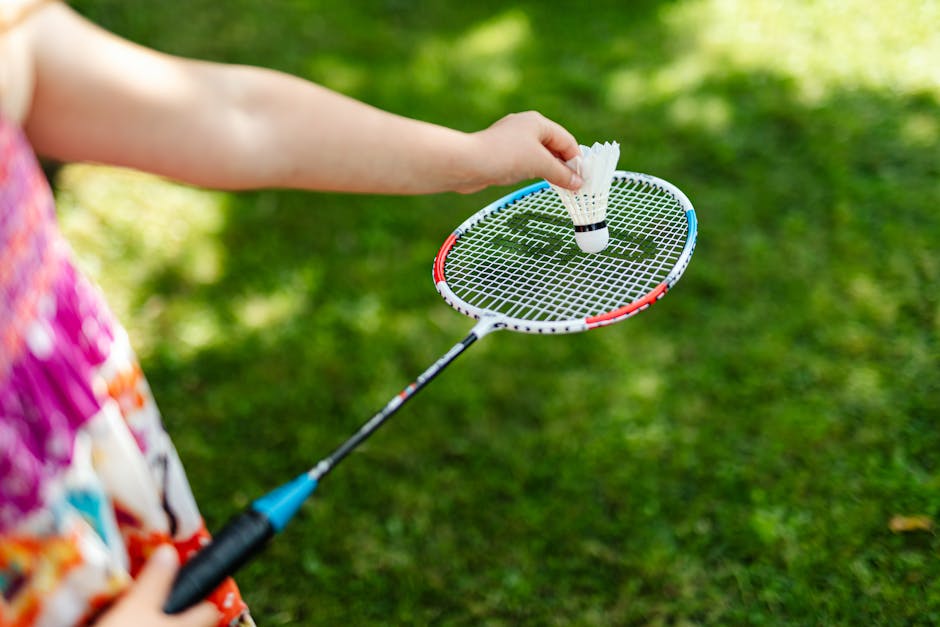Badminton, a fast-paced and exhilarating racquet sport, demands the perfect equipment to unleash your potential. The badminton racket, the centerpiece of the game, plays a pivotal role in determining your performance on the court. Choosing the right racket can enhance your accuracy, power, and overall gameplay. This comprehensive guide will delve into the intricacies of badminton rackets, empowering you with the knowledge to make an informed decision.
**Grip Size**
The grip size, measured in inches, is crucial for comfort and control. It should fit snugly into your hand without creating pressure points. A too-small grip can hinder your swing, while a too-large grip can cause discomfort and fatigue. To determine the ideal grip size, measure the distance between the base of your palm to the tip of your ring finger.
**Weight**
Badminton rackets range in weight from around 70 to 100 grams. Heavier rackets provide more power, but can be more demanding on your arm. Lighter rackets offer greater maneuverability, but may sacrifice some power. Choose a weight that balances your strength and swing style.
**Balance Point**
The balance point refers to the distribution of weight along the racket's length. Head-heavy rackets offer more power, while head-light rackets provide greater control and maneuverability. If you prefer aggressive smashes, opt for a head-heavy racket. If finesse and accuracy are your priorities, a head-light racket will suit you better.
**Flexibility**
Badminton rackets vary in flexibility, measured in terms of stiffness. Stiffer rackets transfer more energy to the shuttlecock, resulting in greater power. They are suitable for advanced players seeking maximum impact. Flexible rackets offer better control and feel, making them ideal for beginners and intermediate players.
**String Tension**
String tension, measured in pounds, affects the racket's response and power. Lower tension creates a trampoline effect, allowing the shuttlecock to dwell longer on the strings for greater control. Higher tension increases power and accuracy, but requires more precise technique. Adjust the string tension based on your skill level and playing style.
**String Material**
Badminton racket strings come in a variety of materials, each with its unique characteristics. Natural gut strings offer exceptional feel and power, but are expensive and require frequent restringing. Synthetic strings, such as nylon or polyester, are more durable and affordable. Choose a string material that complements your playing style and budget.
**Racket Shape**
The shape of the racket head affects the sweet spot, which is the area where the shuttlecock makes contact with the strings. Isometric rackets have a square or rectangular head shape, providing a larger sweet spot for increased forgiveness. Oval rackets have a more traditional shape, offering greater control and precision.
**Conclusion**
Selecting the right badminton racket is an essential aspect of enhancing your performance on the court. Consider your grip size, weight, balance point, flexibility, string tension, string material, and racket shape to find the perfect match for your unique playing style. With the right equipment, you can unleash your potential, elevate your gameplay, and conquer the badminton court.

